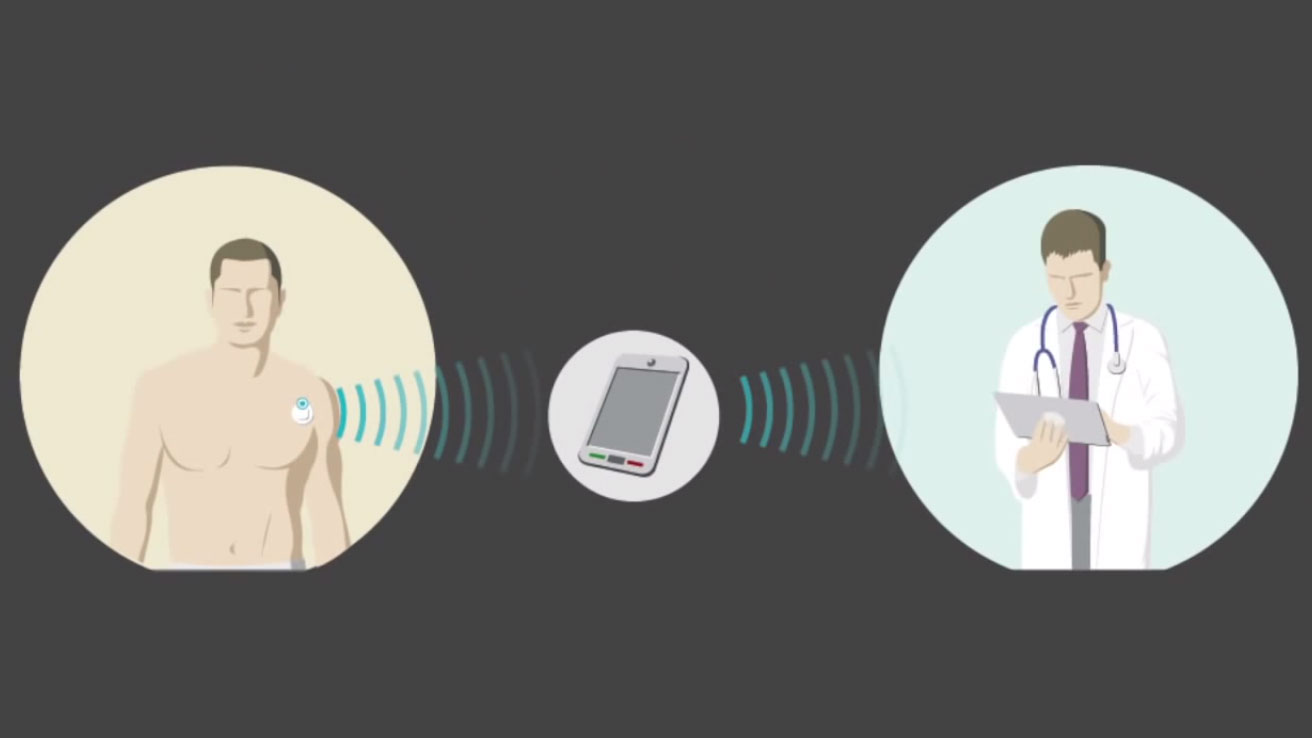Why your iPhone won't be replacing your doctor just yet
Your smartphone won't see you now
Sign up for breaking news, reviews, opinion, top tech deals, and more.
You are now subscribed
Your newsletter sign-up was successful
There are some clear benefits for both doctors and patients if the data collected by our mobile devices, and associated connected devices, can be relied on.
"Where Apple Health is heading is good for life-threatening events. For example, users can hook themselves up to a monitor to keep an eye on data for preventative reasons," says Gunasekera.
"With a wide variety of health details stored on your smartphone, including blood pressure, oxygen levels, glucose levels and heart rate, patients could well see consultation times reduced by at least three to four minutes."
Fewer questions, faster appointments
"Doctors won't have to ask the general questions they ask every time, allowing them to get to the root of the issues quicker," he continued. "Patients could be seen more quickly and wait times will also take a tumble."
After several weeks, months and years of patient tracking, doctors will be able to view a detailed history of a patient's vital statistics. Patterns can then be tracked and monitored, and thus it will help treat the patient more efficiently.
"With a potential reduction in consultation time, practitioners could open up more appointment slots in a day, allowing more patients to be seen and allowing for a greater flexibility in surgeries, hospitals and clinics."
Home monitoring isn't without its risks, though. "A balance needs to be struck between unnecessarily worrying patients [as a result of data readings that could be interpreted unfavourably] versus the benefits conferred to the patient's health professional," says Gunasekera.
Sign up for breaking news, reviews, opinion, top tech deals, and more.
"Not all patients will be receptive to the idea of having their medical details recorded 24 hours a day, and there will be concerns over the security of the information."
Integration with appointment apps such as Zesty - which aims to find patients an doctors appointment last minute - could see data easily transferred between practitioners.
"All medical records are now kept in software devices. While it might be beneficial for patients to have their own medical records on their devices, data protection might be a hurdle.
"Having your medical records stored on your mobile device is something that would help Zesty and similar solutions, if you're seeing a GP who isn't your regular doctor."
Into the future
Looking further into the future, and chips embedded beneath your skin reporting vital data wirelessly to your phone isn't quite as hare-brained a concept as it may seem.
"Some of this may sound space age, but we're nearing the point where we'll have implants which will automatically beam information on our bodies to a device (or smartphone). There's already an implant for diabetics that can transmit blood glucose levels to a monitor, allowing suffers to better manage their insulin intake and diet.

"Another example would be for pacemakers to automatically report any irregular heart activity direct to a smartphone or patient's GP, and the GP can decide whether they need to see the patient or monitor activity further."
Sound good? Asking where you can sign up? Hold your horses. This is still very much the beginning of what will be a long road, but the early signs are positive and in the future, going to the doctor could be a lot less stressful.
Gunasekera sums it up: "The offerings from Apple in iOS 8 and Google in Android L in their current forms are the first step in bringing medical monitoring to the consumer market.
"There is still a way to go before the information can be properly used by doctors, and even longer before this information can be properly relied on. It's unlikely to be genuinely useful in the next two to three years."

TechRadar's former Global Managing Editor, John has been a technology journalist for more than a decade, and over the years has built up a vast knowledge of the tech industry. He’s interviewed CEOs from some of the world’s biggest tech firms, visited their HQs, and appeared on live TV and radio, including Sky News, BBC News, BBC World News, Al Jazeera, LBC, and BBC Radio 4.